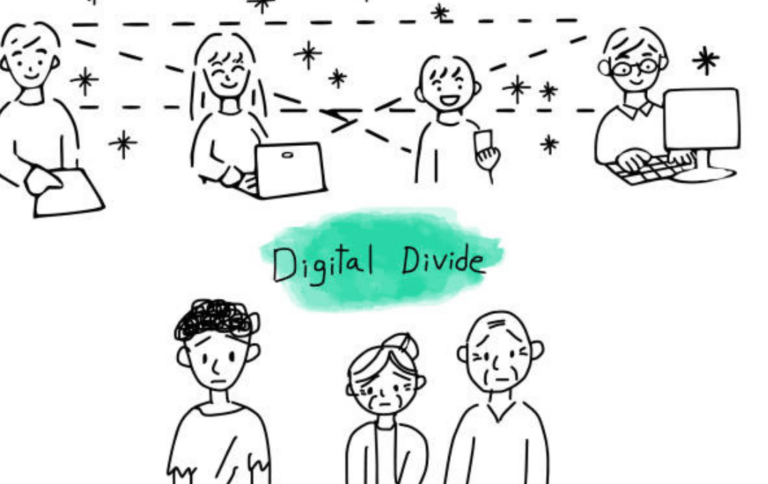Defining Learning Difficulties in Adults

Learning difficulties in adults are a common challenge faced by many individuals who struggle with acquiring new skills or knowledge. These difficulties can manifest in various forms, such as dyslexia, dyscalculia, or attention deficit hyperactivity disorder (ADHD), and can significantly impact an adult’s personal and professional life.
Getting to understand the nature of learning difficulties in adults is crucial for providing appropriate support and strategies to help them overcome these challenges and reach their full potential.
Read: What is an Adult Community Learning Centre
Defining Learning Difficulties in Adults
Learning difficulties in adults refer to a range of cognitive and neurological disorders that affect an individual’s ability to process, retain, and apply information effectively. These difficulties are often lifelong and can be traced back to childhood, but they may not be diagnosed or addressed until adulthood.
Adults with learning difficulties may struggle with reading, writing, math, organization, or time management, among other tasks.
Common Types of Learning Difficulties in Adults
There are several types of learning difficulties that can affect adults, including:
Dyslexia
Dyslexia is a language-based learning difficulty that primarily affects an individual’s ability to read, write, and spell. Adults with dyslexia may have difficulty recognizing words, reading fluently, and understanding written material.
Dyscalculia
Dyscalculia is a learning difficulty that affects an individual’s ability to understand and work with numbers. Adults with dyscalculia may struggle with basic math concepts, such as addition and subtraction, and may have difficulty with tasks that involve money or time management.
ADHD
Attention deficit hyperactivity disorder (ADHD) is a neurological condition that can affect an individual’s ability to focus, concentrate, and control impulsive behaviors. Adults with ADHD may have difficulty with organization, time management, and completing tasks.
Causes and Risk Factors of Learning Difficulties in Adults
The exact causes of learning difficulties in adults are not fully understood, but research suggests that a combination of genetic, neurological, and environmental factors may contribute to their development.
Risk factors for learning difficulties in adults include a family history of learning difficulties, exposure to certain toxins or infections during pregnancy, and traumatic brain injuries.
Diagnosing Learning Difficulties in Adults
Diagnosing learning difficulties in adults can be a complex process, as symptoms may vary from individual to individual and may overlap with other conditions.
A comprehensive evaluation by a qualified professional, such as a psychologist or educational specialist, is typically required to determine the nature and severity of an individual’s learning difficulties. This evaluation may include cognitive and academic assessments, as well as interviews with the individual and their family members.
Strategies for Managing Learning Difficulties in Adults
There are several strategies that adults with learning difficulties can use to manage their challenges and improve their academic and professional performance. These strategies may include:
- Seeking support from a qualified professional, such as a tutor or learning specialist
- Using assistive technologies, such as text-to-speech software or digital organizers
- Developing effective study habits and time management skills
- Advocating for accommodations in the workplace or educational setting
- Practicing self-care and stress management techniques to manage anxiety and frustration.
What are Some Common Misconceptions about Learning Difficulties in Adults
Some common misconceptions about learning difficulties in adults include:
1. Learning disabilities are easily diagnosed
Learning disorders are not easily diagnosed and require a comprehensive evaluation involving family history, performance assessments, and behavioral considerations.
2. Learning disabilities correspond with low IQ
Learning disabilities do not indicate low intelligence; they stem from unique brain organization affecting information processing, not cultural or environmental factors.
3. Learning disabilities go away over time
Learning disabilities persist into adulthood but can be managed effectively with understanding, support, and appropriate accommodations.
How can Adults Overcome Learning Difficulties
Here are some key strategies for adults to overcome learning difficulties:
Understand Your Learning Disability
- Get assessed by a psychologist to identify the specific type of learning disability, such as dyslexia, dyscalculia, or ADHD. This allows you to understand your challenges and get proper support.
- Learn about your diagnosis through experts and resources. Identify your strengths, weaknesses, and learning style.
Develop Coping Strategies
- Utilize assistive technologies like text-to-speech, speech-to-text, grammar software, graphic organizers, and calculators to accommodate your learning needs.
- Create a supportive environment at home and work by communicating your challenges and needs to loved ones and employers. Ask for accommodations and patience.
- Set realistic goals for yourself and break them down into smaller, achievable steps. Celebrate every accomplishment.
Advocate for Yourself
- Speak up about your learning disability and needs. Develop self-advocacy skills to effectively communicate with teachers, employers, and others.
- Seek out resources and support, such as from the Learning Disabilities Association of America, even after school ends.
- Believe in yourself and your abilities. Reframe challenges as opportunities to grow. Use humor to relieve stress and frustration.
With the right strategies, support, and mindset, adults with learning disabilities can overcome challenges and thrive in their personal and professional lives.
Conclusion
Learning difficulties in adults are a complex and often misunderstood challenge, but with the right support and strategies, individuals with learning difficulties can overcome their challenges and achieve success in their personal and professional lives.
By raising awareness about the nature and impact of learning difficulties in adults, and by providing access to appropriate resources and support, we can help create a more inclusive and supportive environment for all individuals with learning difficulties.






